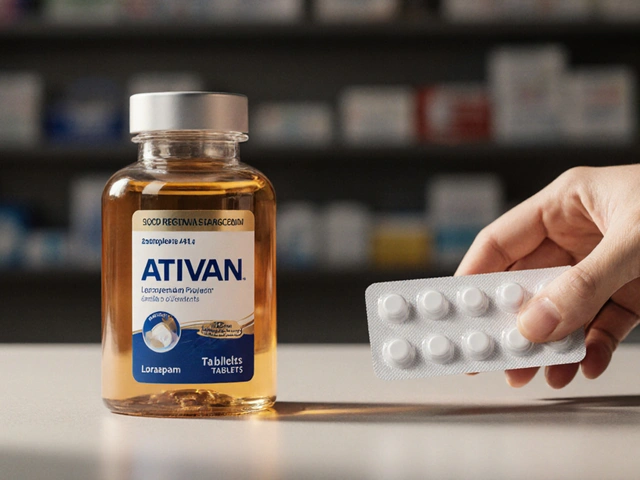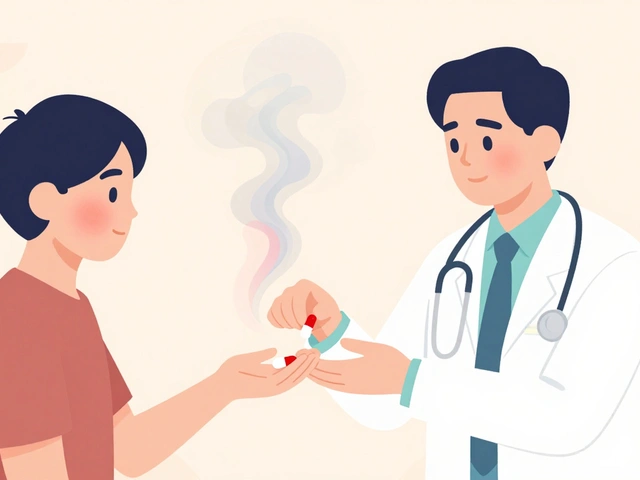Rifaximin and Weight Loss – Quick Facts You Should Know
You've probably heard rifaximin mentioned for gut infections, but can it help you drop a few pounds? The short answer: it might, but only in specific situations and under medical supervision. Below we break down what rifaximin does, why some people see weight changes, and the safety points you cannot ignore.
How Rifaximin Works
Rifaximin is a non‑systemic antibiotic that stays mostly in your intestines. It targets harmful bacteria without being absorbed into the bloodstream, which makes it popular for conditions like traveler's diarrhea and small intestinal bacterial overgrowth (SIBO). By clearing out excess bacteria, it can reduce bloating, improve nutrient absorption, and lessen abdominal discomfort.
When the gut environment normalizes, some patients report feeling less full and noticing a drop in belly size. This isn’t a direct fat‑burning effect; it’s more about reducing gas, water retention, and the extra calories that poorly absorbed food can create.
Is Rifaximin Safe for Weight Loss?
Using rifaximin solely to lose weight is not FDA‑approved. Doctors prescribe it when a gut imbalance is confirmed through breath testing or other diagnostics. If you start the medication without a clear indication, you risk upsetting your microbiome, which could lead to diarrhea, nausea, or even resistant bacteria.
Typical courses last 7‑14 days at 550 mg three times a day. Side effects are usually mild—headache, nausea, or a temporary taste change. Serious issues are rare but can include allergic reactions or liver problems in people with pre‑existing liver disease.
Because it stays in the gut, rifaximin doesn’t affect the rest of your body like systemic antibiotics do. That said, it can still alter the balance of good bacteria, so a probiotic or fermented food plan after treatment helps restore healthy microbes.
If weight loss is your goal, consider rifaximin only after a doctor confirms SIBO or another bacterial overgrowth. Combine the prescription with dietary tweaks—low‑FODMAP meals, adequate protein, and regular movement—for lasting results.
Bottom line: rifaximin can indirectly support weight loss by fixing gut issues, but it’s not a magic pill. Talk to a healthcare professional, get proper testing, and use the drug as part of a broader plan that includes nutrition and exercise.

Curious if rifaximin can help you lose weight? Get a clear, evidence-based answer, who might benefit, risks, costs, and safer strategies in 2025.





